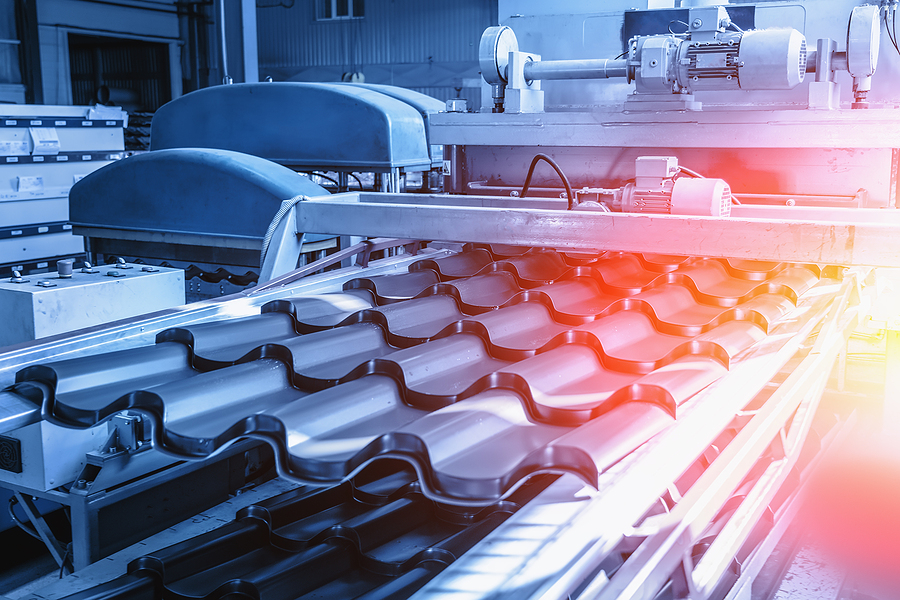
Nucor Corp.
The Towers & Structures division of Nucor Corp. has confirmed its plans to establish a new facility aimed at producing transmission towers.
The new towers will be located in Decatur, Alabama and will operate near its existing 500,000-ton-per-year electric arc furnace (EAF) sheet steel mill in Charlotte, North Carolina. The company has revealed that it intends on constructing two similar sites.
President and CEO, Leon Topalian, expressed his optimism surrounding the project: “As America’s leading diversified industrial manufacturer of steel products…[we] will supply this new plant efficiently contributing to our efforts towards producing sustainable steel.”
Nucor’s “Steel-Centric” History
After Nucor Corp. of America recruited him in 1962 to run Vulcraft, its steel fabrication subsidiary, Ken Iverson played a crucial role in shaping Nucor’s trajectory.
As it had previously focused on nuclear device testing during the mid 20th century, this marked a significant pivot towards steel production for the company.
Following seven years at Vulcraft, Iverson led Nucor’s debut into electric arc furnace (EAF) mills with the opening of a facility in Darlington, South Carolina. This event propelled the organization forward and helped make it America’s top producer of steel today.
Having established its first EAF melt shop in Darlington five decades ago, as of 2022, estimates suggest that Nucor has supplied over 23 million tons of steel worldwide while remaining true to their roots as both fabricators and producers under Iverson and his successors.
Electric Arc Furnace (EAF) Technology
At its 2022 investor presentation, Nucor referred to its EAF portfolio as being at the “core” of its operations. During Q4 last year, these mills provided more than 5.1 million tons of commodities for sale, which was a vast difference to the 1.6 million tons of raw materials (scrap and DRI) as well as around 1.2 million tons of steel products (including towers and joists).
In terms of raw materials, in 2008, Nucor made a major move by purchasing the Cincinnati-based David J. Joseph Co. (DJJ). This organization has facilities located across America, and since then, Nucor has added to DJJ’s capabilities with several other acquisitions.
Also, Nucor has further extended its influence in the raw materials industry through investing in DRI production in both Trinidad and Louisiana.
Vertical Growth
Nucor’s success in the steelmaking industry can be attributed to its strategy of vertical expansion using EAF technology. This has allowed Nucor to surpass its competitors who traditionally used blast furnace/basic oxygen furnace steelmaking. By championing EAF technology, Nucor was able to gain a competitive edge and become remarkably profitable.
Despite its size, Nucor has managed to amass a range of resources that has made it increasingly similar to the large-scale steel producers of 19th and 20th century America. It boasts an impressive suite of raw materials management, melt shops and galvanizing lines, all culminating to the production of towers and overhead doors.
In 1999, Ken Iverson gave an interview to the University of North Carolina where he warned against following in the footsteps of large integrated steel corporations. He said, “I never had a lot of respect for the big integrated steel industries. They were inflexible. They certainly weren’t a cultural pack that I wanted Nucor to follow.”
Iverson’s primary concern was not the vertical integration or scale of the steel industry, but rather its complacency. He explained, “Our steel industry became very complacent”. “They had had great success during World War II. They were not acceptable to new ideas. They were reluctant to adopt any new ideas.”
By that standard, it may seem as though Nucor is embarking on a course that has parallels to the steelmakers of the mid-1900s, the reality could be quite different.
The Future of Nucor
Nucor’s financial position appears to be secure according to its recent balance sheets, but the organization is still aware of the risks associated with such success.
In the 1960s, when Nucor was just getting started, Ken Iverson commented in an interview “There were just all sorts of opportunities for new companies to develop [and] to accept new ideas in the steel industries.” This sentiment is something that Nucor has held onto over the decades as it grew from a small company into an industry leader.
The future of Nucor appears to be promising. The organization is determined to stay ahead of the competition, as evidenced by its vast array of new investments.
